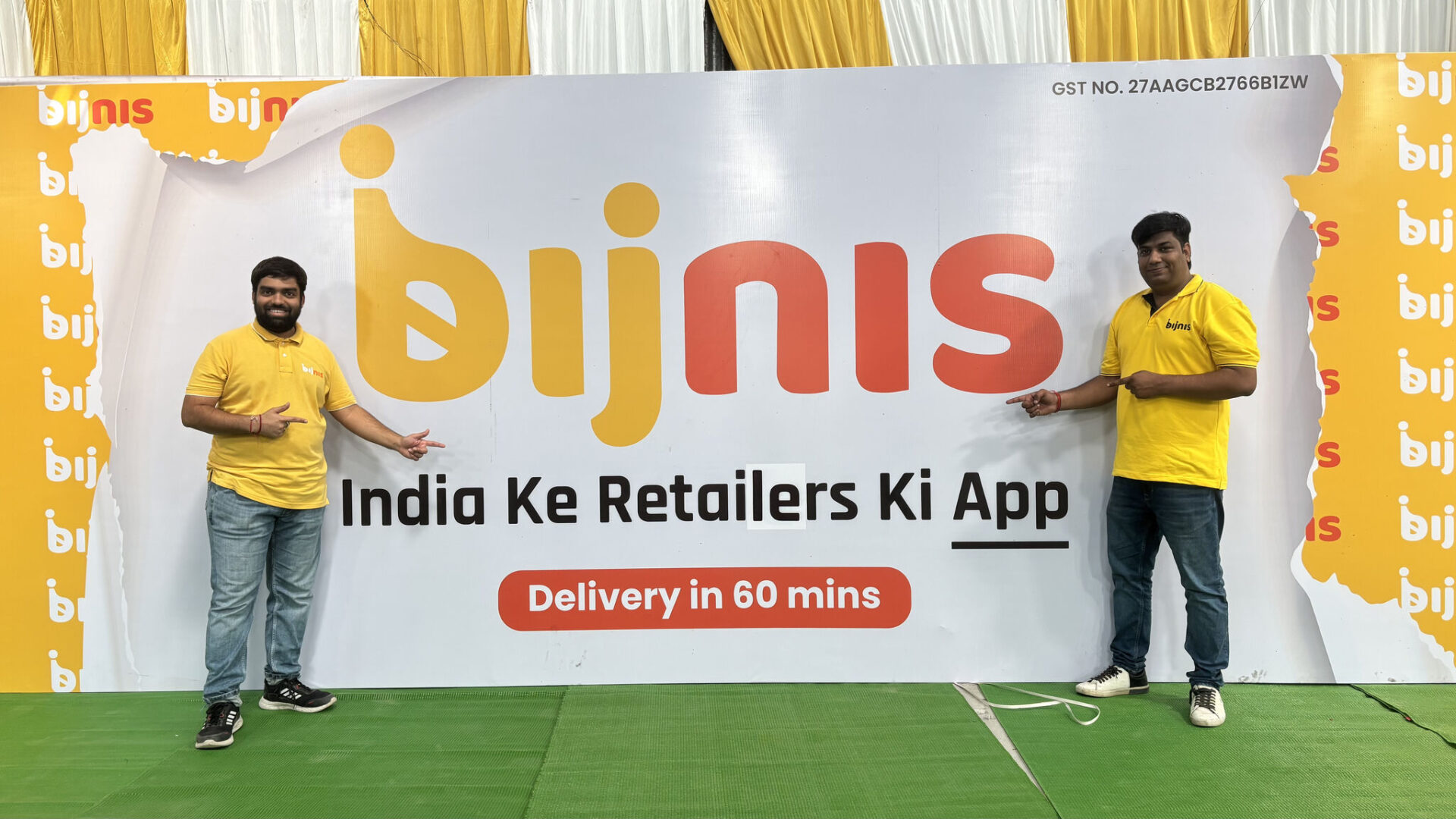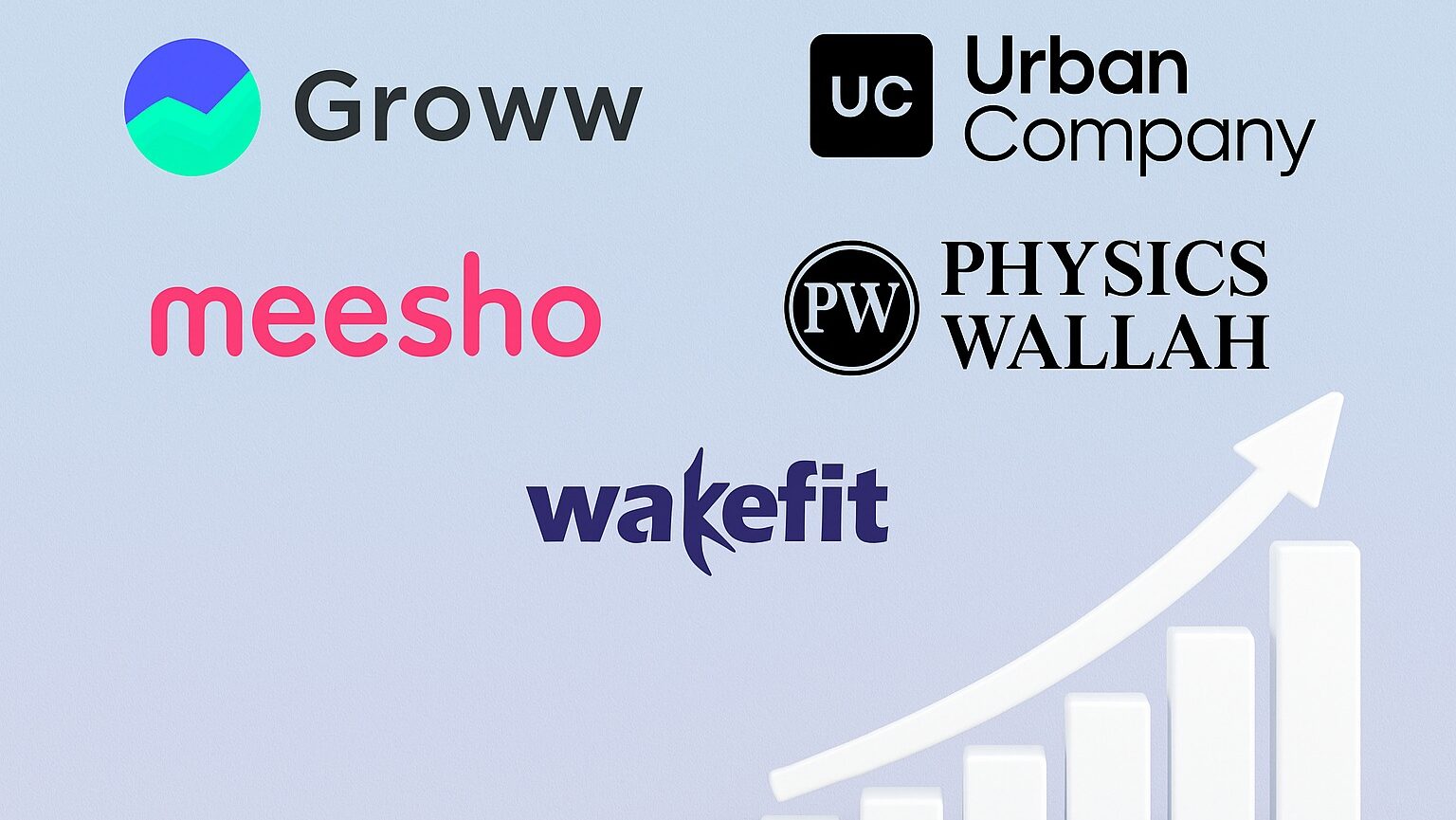Bijnis is reimagining how India’s neighbourhood fashion retailers buy stock. In a series of recent updates, the startup said it has been piloting “60-Min B2B Quick Commerce”, a model that lets fashion shopkeepers place orders and receive goods in about an hour. The stated goal is bigger than speed: freeing retailers from cash locked in godowns and helping factories produce to real demand, not forecasts.

From Chandni Chowk to Charminar, Ludhiana’s factories to Agra’s workshops, the team says it has spent months on the ground listening to retailers’ constraints, unsold inventory, cashflow strain and the anxiety of pre-buying without demand visibility. “Why should a retailer’s money stay stuck in stock when fashion can reach their shop exactly when they need it?” the company asks, positioning the 60-minute promise as a supply-chain rethink rather than a delivery gimmick.
Cake, calls and conversations
Bijnis is leaning into service culture. An initiative quietly rolled out in a few cities, “Retailers’ Birthday Celebration”, has Relationship Managers show up with cakes and smiles. The symbolism matters: business as relationship, not just transaction.
The on-ground bias also shows up in how the team reads demand. One retailer’s order pattern puzzled a team member: high-margin, traditional SKUs by day; low-margin, trendy styles after 11pm.
The retailer’s explanation was simple and revealing. He purchased steady earners for his father’s comfort, then tested youth-trending styles in small lots at night, letting real sales decide what to scale. The takeaway the team drew: dashboards are powerful, but human context fills the gaps data can’t.
‘bijnis@heart’: Team revisit the scrappy years
An internal storytelling series captures a decade of grind and improvisation:
Siddharth Rastogi (Sid) recalls the tech team huddled in a tiny Agra flat during COVID, later shifting to a cramped Lajpat Nagar spot, still shipping their first production app amid lockdown uncertainty. The advice he carries forward: don’t wait for perfect conditions, start.
Chaitanya R Rathi narrates a scrappy Agra railway-station hack, sticking marketing creatives on footwear cartons because “carton toh retailer apne samne hi khulwayega.” He says the hustle translated into a standout sales month and, more importantly, thousands of retailers buying directly from hundreds of factories, a glimpse of the distribution shift Bijnis wants to enable.
Sachin Chauhan points to customer love: a Vishakhapatnam retailer who began as a roadside seller, later installed Bijnis hoardings at his market and shop to say thanks. “Every factory, every retailer, their win is our win,” he says.
“bijnis एक भारतीय स्टार्टअप है… हम देश के हर कोने को जोड़कर आत्मनिर्भर भारत बनाने का सपना पूरा कर रहे हैं.” The company frames its mission as connecting corners of India’s manufacturing-retail spine.
Company Snapshot
- Founded: 2015; HQ: Delhi
- Model: Online B2B platform for sourcing and trading; tools for discovery, orders and secure transactions
- Stage & funding: Series B; $43.5M raised across 6 rounds; largest: $30M Series B (Sep 28, 2021), led by WestBridge Capital
- Founders: Siddharth Vij (CEO), Chaitanya R Rathi (COO), Siddharth Rastogi (CTO/CPO); Shubham Agrawal (former co-founder)
- Valuation (post-money, Sep 2021): ₹1,390 crore; Annual revenue (FY24): ₹87.8 crore; Employees (Jul 31, 2025): 421
These are third-party tracker figures and offer useful context alongside the company’s current product push.
For small retailers, inventory is working capital. If B2B supply can move in near real-time, shopkeepers can buy closer to demand, expand assortment with test-and-scale behaviour, and cut storage risk. For factories, tighter feedback loops can reduce overproduction and focus capacity on what sells.
What to watch next?
- Serviceability radius & fill-rates: Can 60-minute delivery hold consistently across dense markets without compromising assortment?
- Unit economics: Near-instant fulfilment in B2B depends on hyperlocal inventory positioning, turns, and route densities.
- Adoption curve: Retailers already doing late-night micro-tests may be earliest adopters; the model’s stickiness will hinge on SKU breadth and stock reliability.
For now, Bijnis is clear about its narrative: retailers should run shops, not godowns; factories should make for real demand. The company is trying to prove that a warmer, relationship-first operating style and a faster supply chain can coexist and compound.
Also Read: Priti Sawant’s Power Play: Building Future-Ready GCCs with JoulestoWatts























